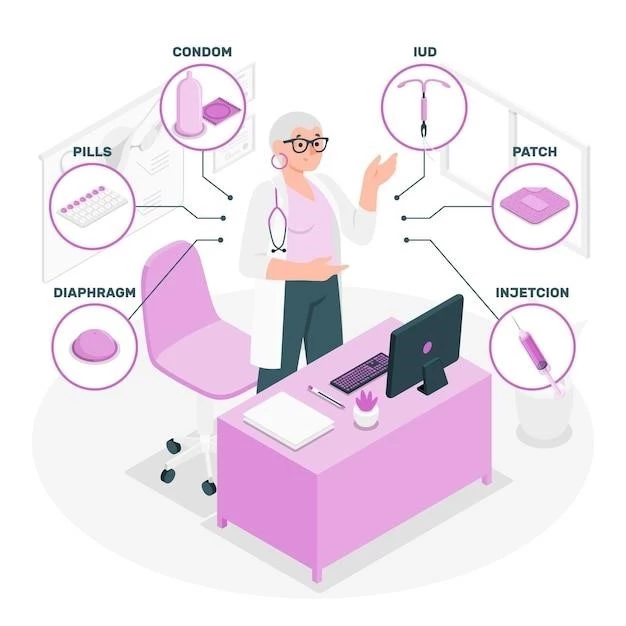Autosomal dominant vitreoretinochoroidopathy (ADVIRC) is a rare genetic disorder affecting various parts of the eyes‚ including the vitreous and retina.
Definition and Characteristics
Autosomal dominant vitreoretinochoroidopathy (ADVIRC) is a rare genetic disorder primarily impacting the vitreous‚ retina‚ and choroid of the eye. Individuals with ADVIRC typically experience night vision disturbances and visual field abnormalities‚ leading to gradual vision loss over time.
Pathogenic Mutations and Associated Disorders
Autosomal dominant vitreoretinochoroidopathy (ADVIRC) is caused by pathogenic mutations in the BEST1 gene‚ leading to disorders like Best disease‚ Adult vitelliform macular degeneration (AVMD)‚ and autosomal dominant vitreoretinochoroidopathy (ADVIRC).
Relationship with BEST1 Gene Mutations
Autosomal dominant vitreoretinochoroidopathy (ADVIRC) is closely associated with pathogenic mutations in the BEST1 gene‚ resulting in a spectrum of eye disorders including Best disease‚ Adult vitelliform macular degeneration (AVMD)‚ and Autosomal dominant vitreoretinochoroidopathy itself. These mutations impact various parts of the eye‚ leading to distinctive visual impairments and retinal abnormalities.
Clinical Presentation and Diagnosis
Autosomal dominant vitreoretinochoroidopathy (ADVIRC) presents with night vision disturbances‚ visual field abnormalities‚ and gradual visual impairment.
Symptoms and Diagnostic Methods
Common symptoms of autosomal dominant vitreoretinochoroidopathy (ADVIRC) include night vision disturbances and visual field abnormalities. Diagnosis often involves genetic testing‚ as pathogenic mutations in the BEST1 gene are indicative of the disorder.

Treatment and Management Strategies
Treatment and management strategies for autosomal dominant vitreoretinochoroidopathy focus on addressing symptoms and preserving visual function through regular monitoring and interventions as needed.
Current Approaches for Autosomal Dominant Vitreoretinochoroidopathy
Management of autosomal dominant vitreoretinochoroidopathy (ADVIRC) involves symptomatic treatment to address visual disturbances and regular monitoring of the ocular health status. Interventions may be undertaken based on the specific symptoms and progression of the disease.
Prognosis and Ongoing Research
Research on autosomal dominant vitreoretinochoroidopathy (ADVIRC) continues to explore long-term visual prognosis and potential advancements in treatment options.
Long-Term Visual Prognosis and Research Developments
Ongoing research on autosomal dominant vitreoretinochoroidopathy (ADVIRC) focuses on understanding the long-term visual prognosis and exploring potential advancements in treatment modalities to improve patient outcomes and quality of life.

Support Resources for Patients and Caregivers
Patients and caregivers managing autosomal dominant vitreoretinochoroidopathy can find rare disease community support to navigate challenges and access available assistance.
Rare Disease Community Challenges and Available Support
Individuals and families affected by autosomal dominant vitreoretinochoroidopathy face challenges within the rare disease community. Fortunately‚ support resources and assistance are available to help navigate these unique challenges.
